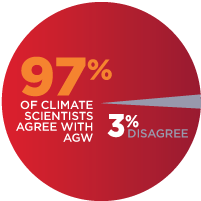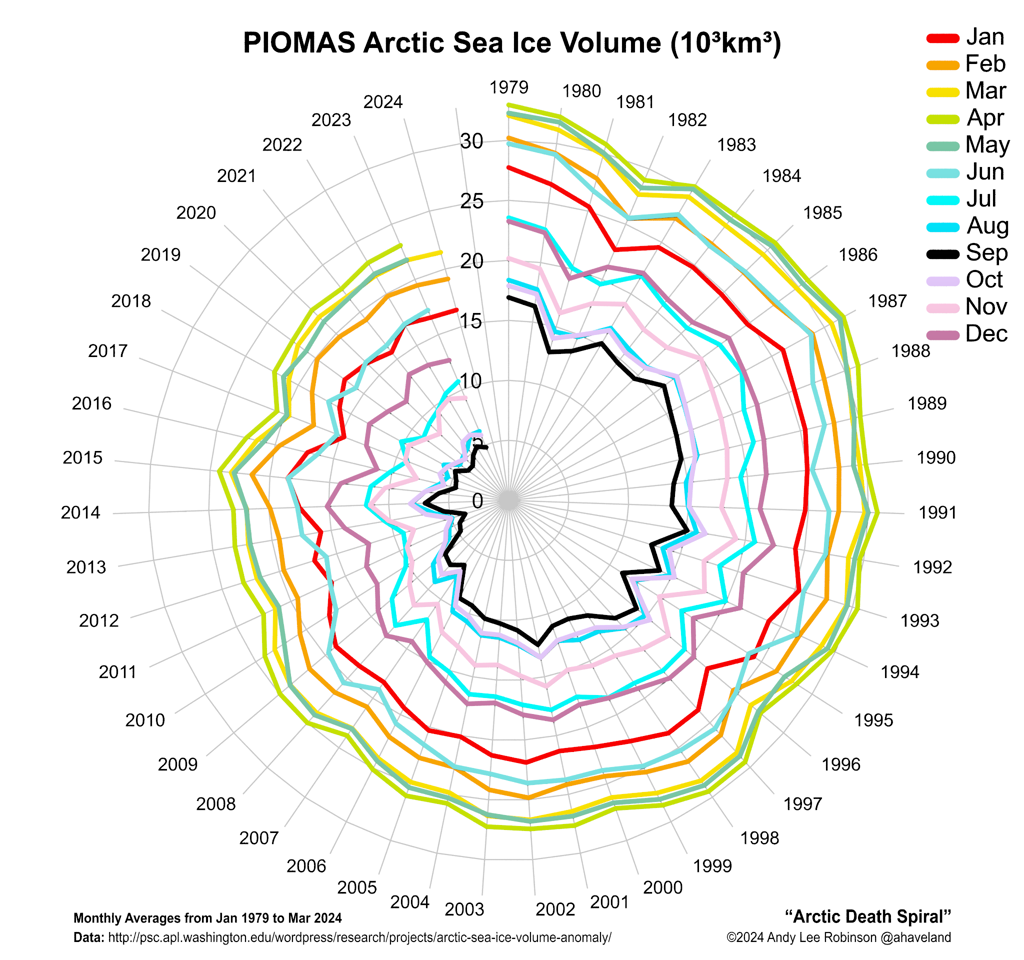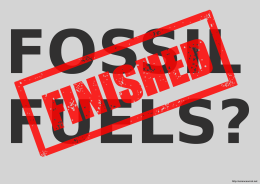Am I drinking enough water?
| Let’s check the science: Should I be drinking water frequently to make sure I’m not dehydrated? |
My wife tells me I don’t drink enough water. She says I’ll end up with kidney disease. I see lots of people who carry around a bottle of water and constantly take sips from it. Apparently they believe that they need to “stay ahead” of dehydration, making sure their bodies are fully hydrated at all times. Should I join them?
| This article assumes you are happy to accept science as the best way of discovering the truth about the natural world. If that’s not the case for you, why not have a look at Trusting the science first? |
The promoters’ arguments – science or red flags?
This extract from a web page (here) typifies some of the advice that you can find on the web:
To operate efficiently, the body requires at least eight glasses of water per day, or around two litres. Even more water is needed during hot weather, periods of illness, and when exercising. Many people don’t get this amount of water, choosing instead to get their intake of liquid through coffee, tea, soft drinks, juice and so forth. The problem with this is that many of these drinks have a diuretic effect – forcing the body to eliminate more water than is actually entering it, causing dehydration.
It is vital to note that the two most common signs of dehydration – a dry mouth or feeling thirsty – are not actually the first signs. Once these symptoms occur you are already dehydrated.
But other places, such as here, have different advice:
You don’t need eight glasses of water per day.
No scientific evidence supports the “eight glasses per day” rule, so you can simply drink in response to thirst. You can also monitor the volume of your urine. If your urine is scanty, dark, and smelly, you should drink more. If you have not urinated during your work or school day (8 a.m. to 3 p.m.), you are severely under-hydrated.
Do I detect any red flags? Neither of these sites gives references to published studies, so they are expecting me to take their word on authority. And quite a few ‘hydration’ websites are run by corporations that market bottled water (here, here and here) or sports drinks (here), so there’s the possibility of conflict of interest and confirmation bias.
Being skeptical
It’s always seemed to me that we have a perfectly good sense of thirst which tells us to drink when we need to, so I find it hard to accept that I need to force myself to drink when I don’t feel like it. Our ancestors managed to survive in conditions where they didn’t have constant access to water precisely because they evolved good hydration-control mechanisms. It’s also pretty obvious that our bodies take in water from food as well as everything we drink, and it doesn’t matter how we get the water, all of it is equally available to our body tissues.
I’m suspicious that companies selling drinks are behind the push for us to drink more fluids. Sellers of bottled water would want us to drink more plain water, whereas the makers of rehydration drinks would try to convince us that they are more efficient than water.
So I’m interested in finding out how much I need to drink under normal conditions, whether I need to drink pro-actively and if so, what’s the best way of doing it.
The scientific evidence
This is one of those situations where there’s an overwhelming amount of information on the web, with lots of publications from seemingly reputable sources. Although it’s even been tackled by Snopes.com, I decided to press on with my own investigation. Eventually I decided I had to limit myself to papers published in peer-reviewed journals or other sources I felt I could trust. Many of the papers were from the British Medical Journal (BMJ).
Here’s an outline of what I discovered:
- Much of the hype around hydration comes from the bottled water and sports drink industry (here, here and here).
- Coffee, tea, and soft drinks are just as good as pure water in contributing to hydration (here and here). Of course, water is preferable, but for other reasons.
- Healthy humans are able to regulate their body water balance with remarkable precision (here and here).
- Thirst is the best indicator of the need to drink. There is no need to drink pro-actively to ‘stay ahead’ of thirst (here, here, here, here and here).
- The commonly held view that we must drink 8 glasses of water a day has no scientific support (here and here).
- Urine colour is not recommended as an indicator of dehydration (here).
- There is some evidence that increased water intake can reduce the chances of some kidney diseases, but the situation is not clear (here, here, here and here).
- Overhydration, from drinking too much water, can be dangerous (here and here). Update 28 Sept 2012: Here’s an ABC news report describing how a bushwalker died after drinking too much water.
Conclusion
As I thought, I don’t need to drink huge quantities of water every day. All I need to do is drink when I’m thirsty. If I’m doing heavy exercise or it’s especially hot I should make sure I don’t put off drinking, but otherwise, I don’t really need to think about it.
I certainly won’t be buying bottled water continually. When I need to drink, I’ll have tap water (or perhaps a coffee). The environmental damage caused by the manufacture, transport and disposal of bottled drinks far outweighs even the exaggerated health claims of the drinks industry, let alone the real science.
Further reading
Bottled water is the marketing trick of the century at The Conversation.
No, You Do Not Have to Drink 8 Glasses of Water a Day by Aaron E. Carroll at The New York Times.
| This is one of ScienceOrNot’s Let’s check the science series. |










I’m so glad you’re tackling this issue. I agree with what you say and I’ve been watching with some concern as the ‘drink 8 glasses’ myth took hold.
For me, that myth became really destructive as I diluted my body fluids far too much and felt thirsty all the time. Repeatedly, urine tests showed that I didn’t have diabetes. Then a friend with experience in wholefood retail suggested that I try different sources of complex carbs, which helped a lot. The final clincher was my own observation that I craved salt. Now I take salt several times a day – ordinary table salt – despite seeing doubt on my neurologist’s and specialist nurse’s faces. My digestion is far better now that I balance my body fluids with water *and* salt. And like you, I feel thirst when I need water.
Ah, maybe I’ll do a future post on salt. I avoid it (family history of hypertension) which could have something to do with the fact that I don’t drink a lot of water.
You should have SEA SALT. You have hypertension because you do not have ENOUGH SALT. It is the opposite of what you believe.
I haven’t found any evidence that sea salt is any different to other salt in that respect or that hypertension is reduced by increasing salt intake, Philosopher. Can you give me some links that support these?
Thanks for this, Graham. I have long been skeptical about the need to be “pro-acitve” in drinking water but have been less sure about whether or not coffee (which I drink a lot) dehydrates me. No doubt that if I asked a drinks manufacturer why I had dry skin, they would tell me I should drink more. Fortunately, that’s what people go to doctors for, unless of course they are climate sceptics in which case, they will listen to anybody…
As a hydrogeologist, one of my earliest conflicts of interest emerged when I had to do work on behalf of clients whose main activity was bottling mineral water. Bottling water and selling it the public in the UK is the equivalent of selling sand to Arabs in a desert. Furthermore, whereas public water supplies are tested daily to ensure they do not endanger health, bottled water must merely pass an annual check to be legally sold to the public as safe to drink.
People who buy and regularly drink bottled water in preference to public water supply in developed countries are victims of one of the greatest success stories in the history of the dissatisfaction-manufacturing business that is advertising. How long will it be before someone tries to start selling bottled air to people who live in the countryside? Indeed, why are they not already selling it to people who live in heavilly polluted cities?
Yes Martin, and I shudder at the environmental effects of shipping water from Europe to Australia for no good reason other than advertising hype.
By the way, here’s some ammunition for the dry skin pitch: Nutrition and water: drinking eight glasses of water a day ensures proper skin hydration-myth or reality?
Thanks for that link, Graham. Looks very interesting. Last sentence of the Abstract says it all: “we still await scientific evidence to validate…that it is all a myth.” It is just a shame that the instinctive truth detectors of so many people appear not to be working very well.
As for me and my dry skin, I was born very premature; and have had ichthyosis all my life. Fortunately it has got much better with age; but it still has nothing to do with being dehydrated.
“Healthy humans are able to regulate their body water balance with remarkable precision.”
I keep writing this over and over and over on my blog. Humans did not evolve with a 1 liter Nalgene bottle nearby to measure out their water intake. Human physiology has adapted to survive with numerous environmental stressors, and to conserve and release waters (and salts) to keep blood osmolality in near perfect balance. Healthy humans need not worry about these things.
If you’re having issues with fluid balance, then you might have kidney issues which might be indicative of a chronic disease, but drinking water is not going to be an issue.
It makes you wonder, doesn’t it, how the water-pushers think dogs and horses and birds etc keep healthy when they don’t know they need to drink pro-actively.
Given both the topic – and your gravatar – this video is very appropriate:
I like it.
We evolved to ingest salt as well as water. I’m reminded of the domestic goat which requires a salty diet because of its maritime history. I don’t know how much maritime history has affected human evolution but I do know that the advice to drink more water, and eat less salt, can have bad consequences.
Just letting you know that I found out about your wonderful blog because one of our users posted this to rbutr today (it currently rebuts 3 pages). Hope this brings you some traffic. I plan on keeping an eye on the blog and linking it to some of the many, many pages you are rebutting.
http://rbutr.com/rbutr/WebsiteServlet?requestType=showLinksByToPage&toPageId=9341
I think rbutr is a great idea, Craig. Keep up the good work. I’m intending to add all my posts to it when they are rebutting some pseudoscientific idea, which is pretty often.
Excellent Graham! That’s great to hear! We will be hopefully doing a talk on rbutr at the melbourne skeptics convention, and my partner in it, Shane gave a talk at TAM in Las Vegas recently. Thanks for taking the time to research these posts so thoroughly, the net needs more quality blogs like this! And rbutr should be win/win for both you and us.